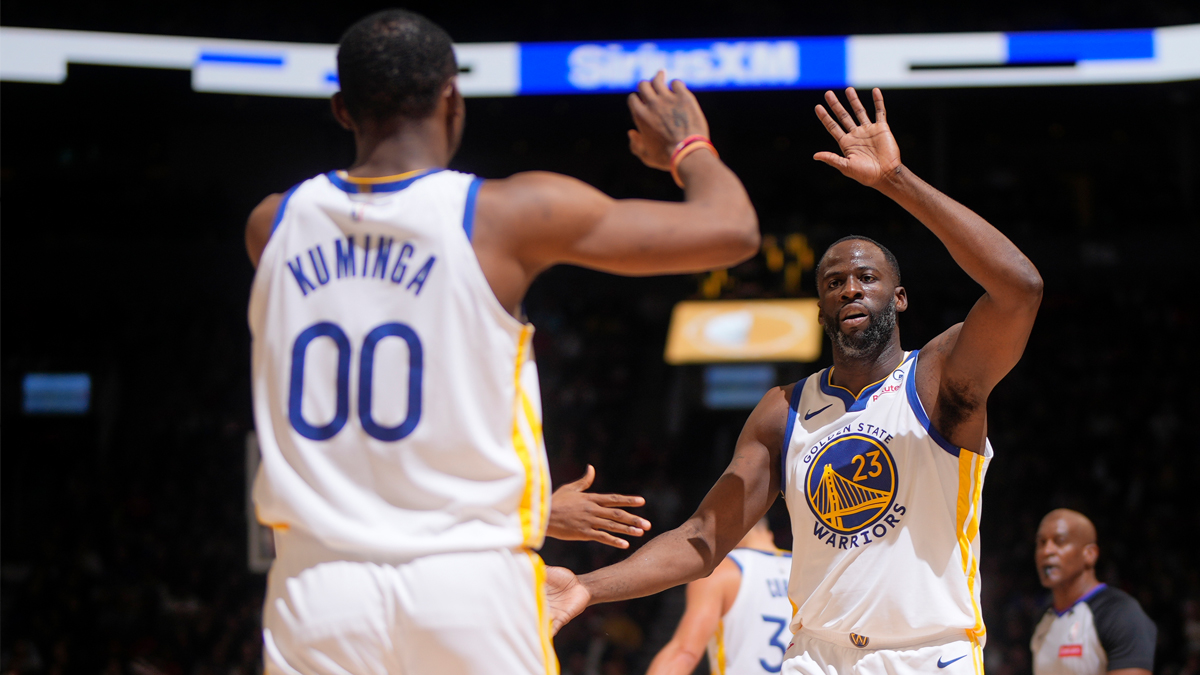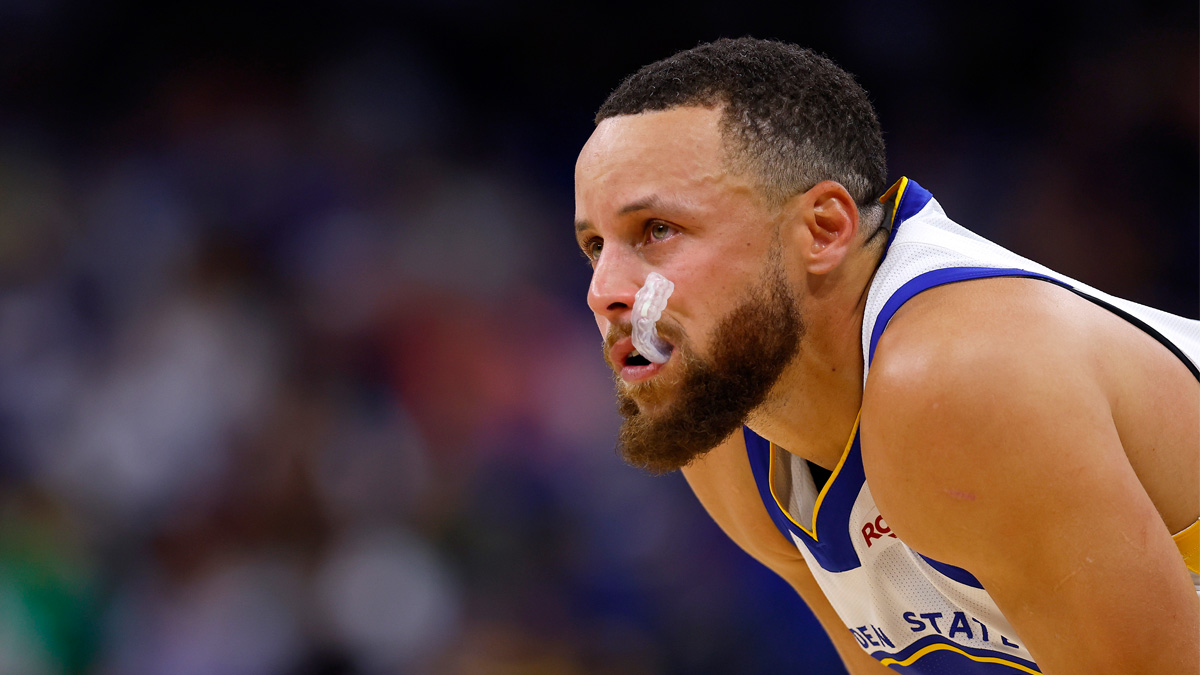Suffice it to say, L.A. Clippers owner Donald Sterling will not be winning any popularity contests in the near future.
Sterling’s recorded comments to his girlfriend, V. Stiviano, about her public association with black friends on Instagram, triggered a firestorm of criticism and calls for his ouster
NBA Commissioner Adam Silver responded to the racist comments with a hefty $2.5 million fine, a lifetime ban from the NBA and a call for league owners to force Sterling to sell his team.
Yet the question must be asked - Can a business owner who has committed no crime in the eyes of the government and faces no charges, be forced to sell his own property?
“It’s a bit of a stretch,” observed Gary R. Roberts, a national expert in sports law and professor at Indiana University’s Robert H. McKinney School of Law. “It’s a convoluted bootstrap argument, and whether or not the league could successfully argue it, I don’t know."
Roberts says it’s a bootstrap argument because the NBA bylaws that would be applicable in this case are referencing other agreements between owners and the league, which the NBA has yet to release or substantiate.
Sports
Here’s a look at the NBA’s Constitution and By-laws (pdf).
You’ll notice that Article 13 is the section discussing provisions for terminating ownership. Most of the conditions are about gambling and paying dues, not exactly relevant here.
But the fourth line item, Section (d), does potentially resonate for Sterling and the league:
(d) Fail or refuse to fulfill its contractual obligations to the Association, its Members, Players, or any other third party in such a way as to affect the Association or its Members adversely.
How would one define an adverse impact on the league?
Perhaps the loss of key sponsorships, a potential fan boycott and players refusing to play for Sterling, for starters.
“Yes, that’s exactly the kind of thing I think that those generic provisions in all of the league constitutions anticipate,” Roberts said, reiterating the fact that he’d have to see the specific agreements between Sterling and the league to know for sure.
But in all likelihood, this saga will never reach the courts for resolution.
“It’s not in their personal interest to hold on to an asset that’s only going to depreciate in value as long as they own it,” Roberts said.
“Sponsors are going to be reticent [to invest], players aren’t going to want to play for them. Some fans will boycott.”
Shelly Sterling, Donald’s estranged wife, says he plans on divorcing her husband and keeping her 50 percent stake in the team.
The point, however, appears to be that those disgusted by the hateful words, and league officials, don’t want to see the Sterling family attached to the Clippers franchise anymore.
“This is a team that needs to be freed from any association with the Sterlings,” Roberts said, “and once they appreciate that, and once the heat of the moment is calmed down I think they will work with the league to dispose of their interest in the league.”



